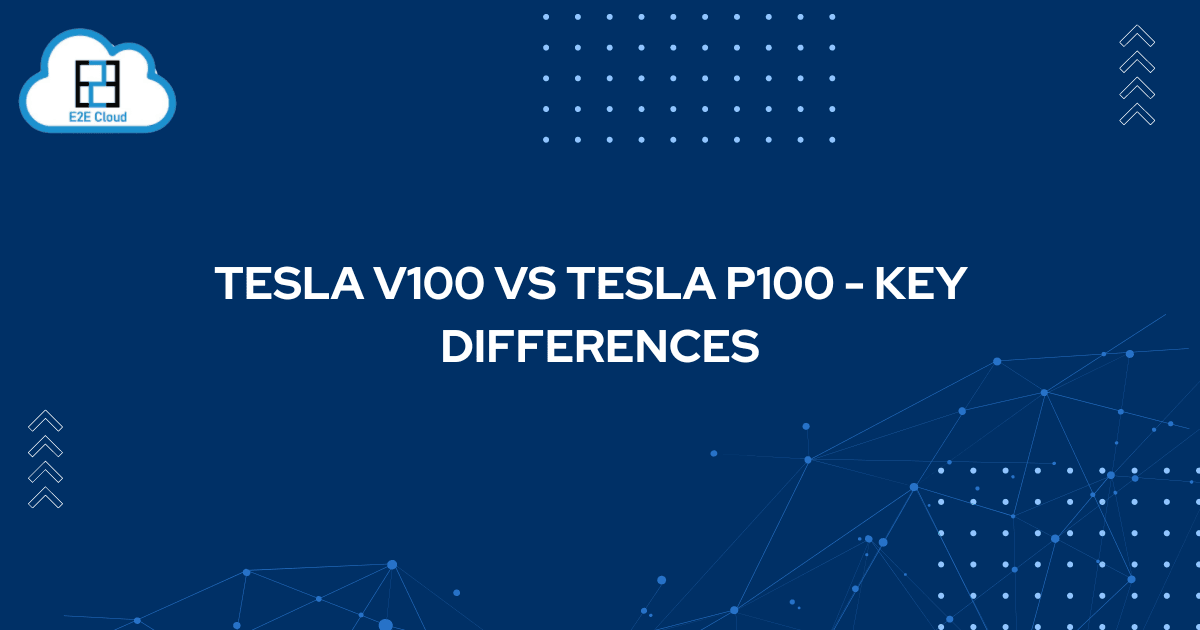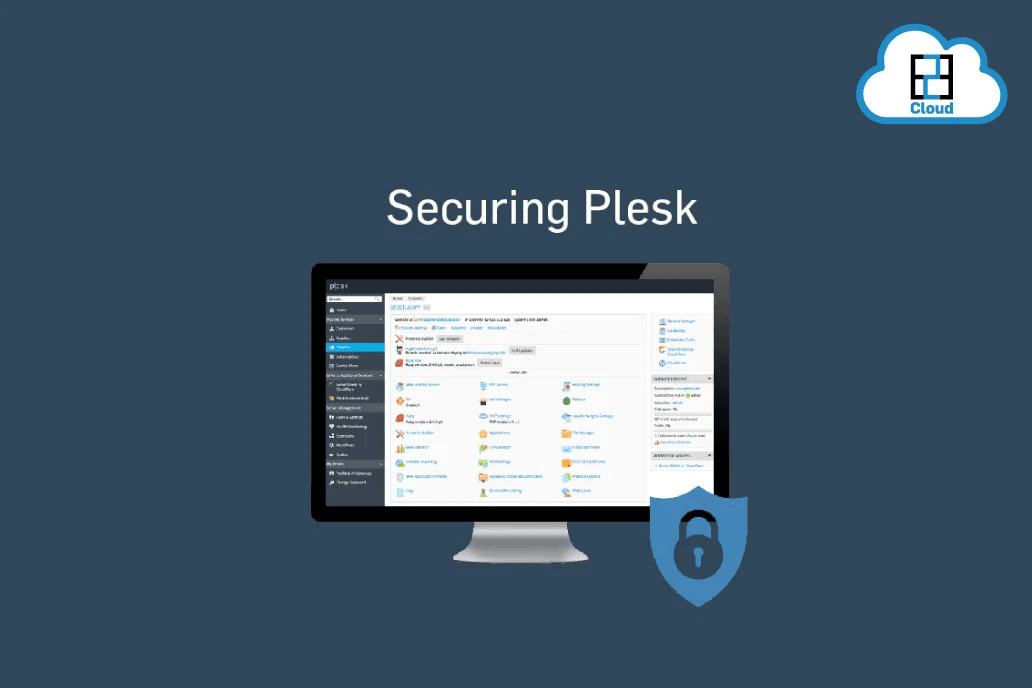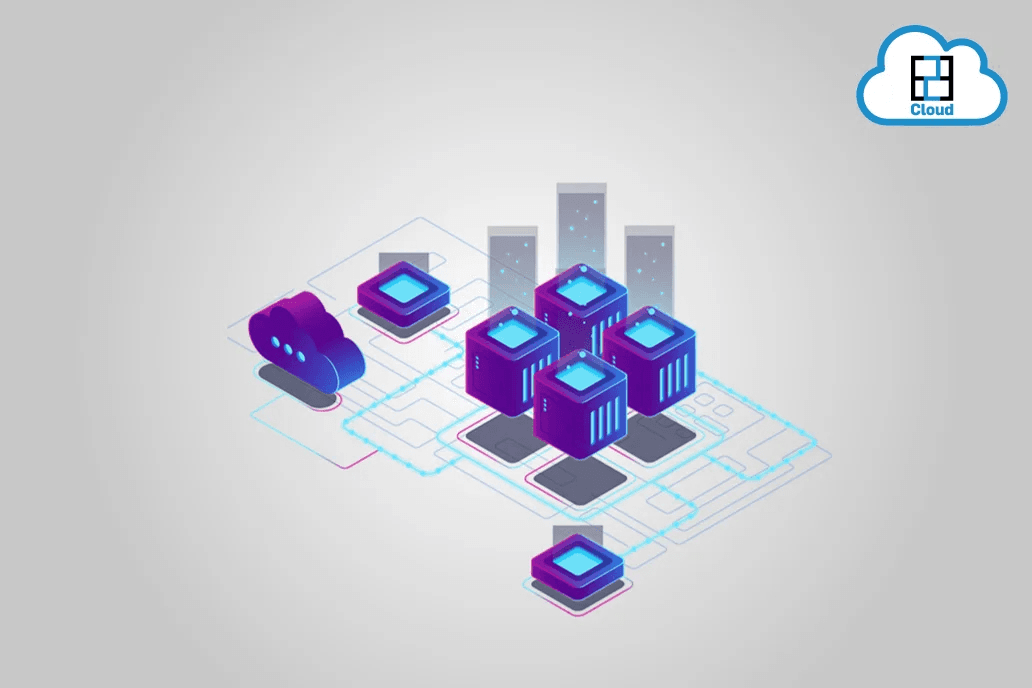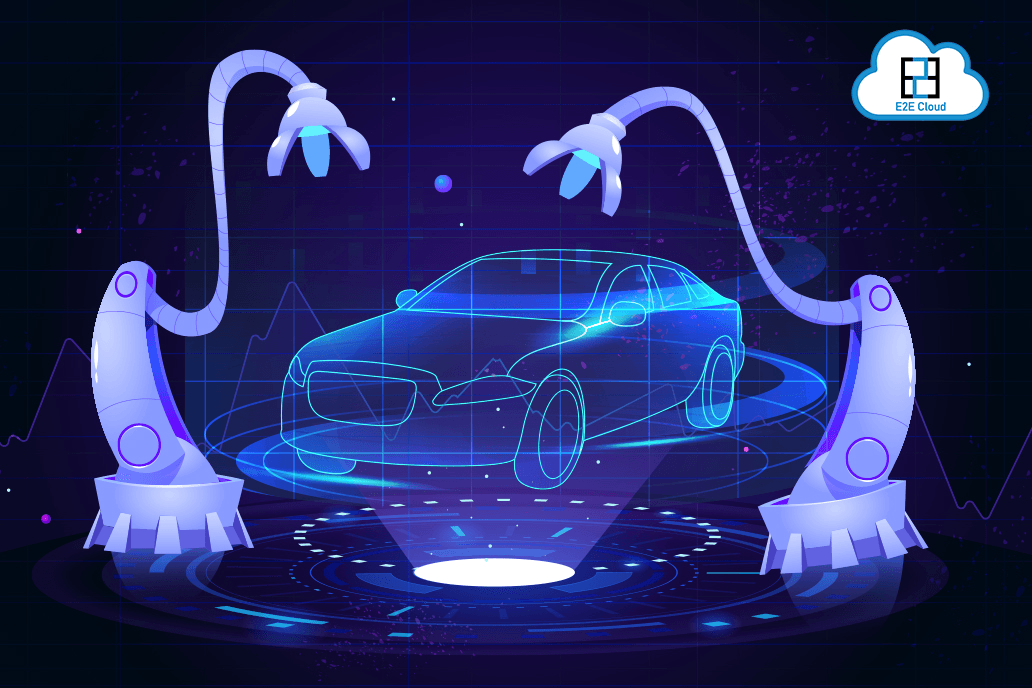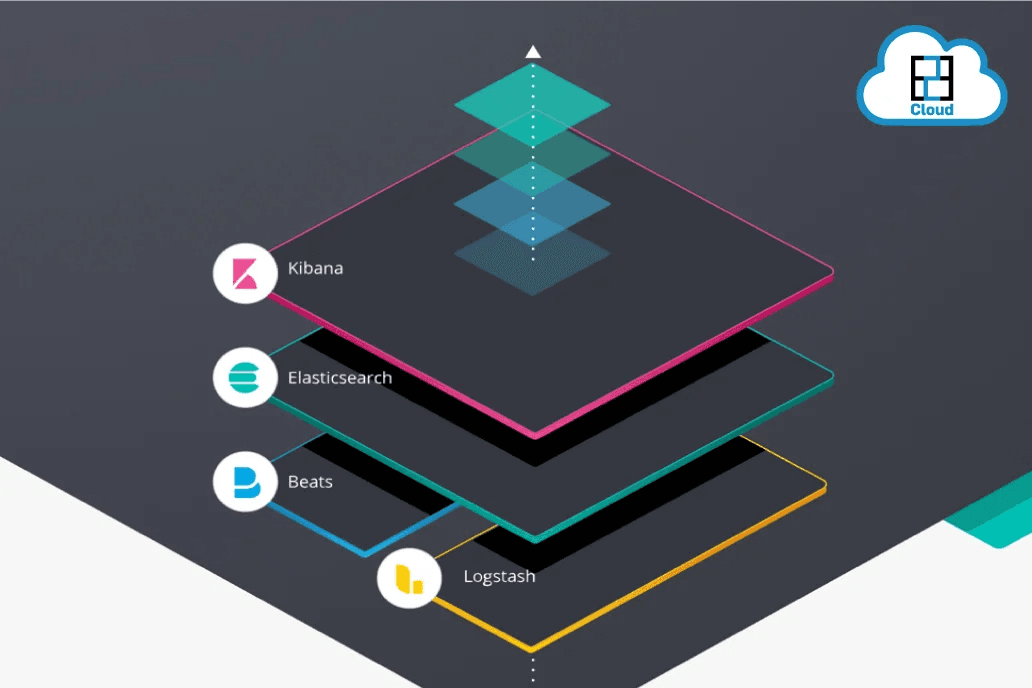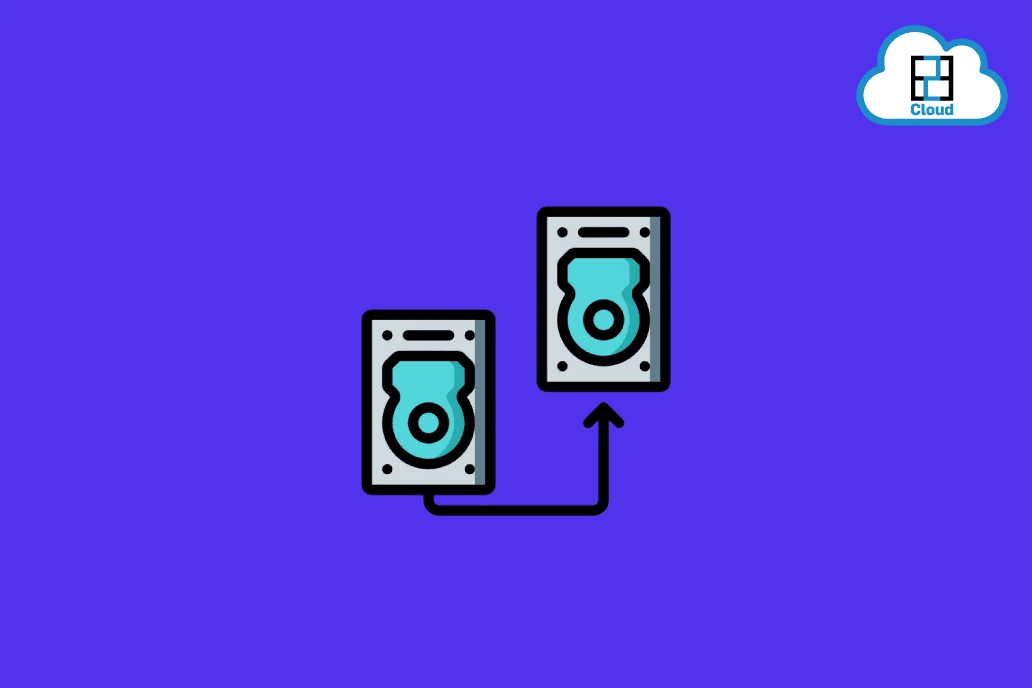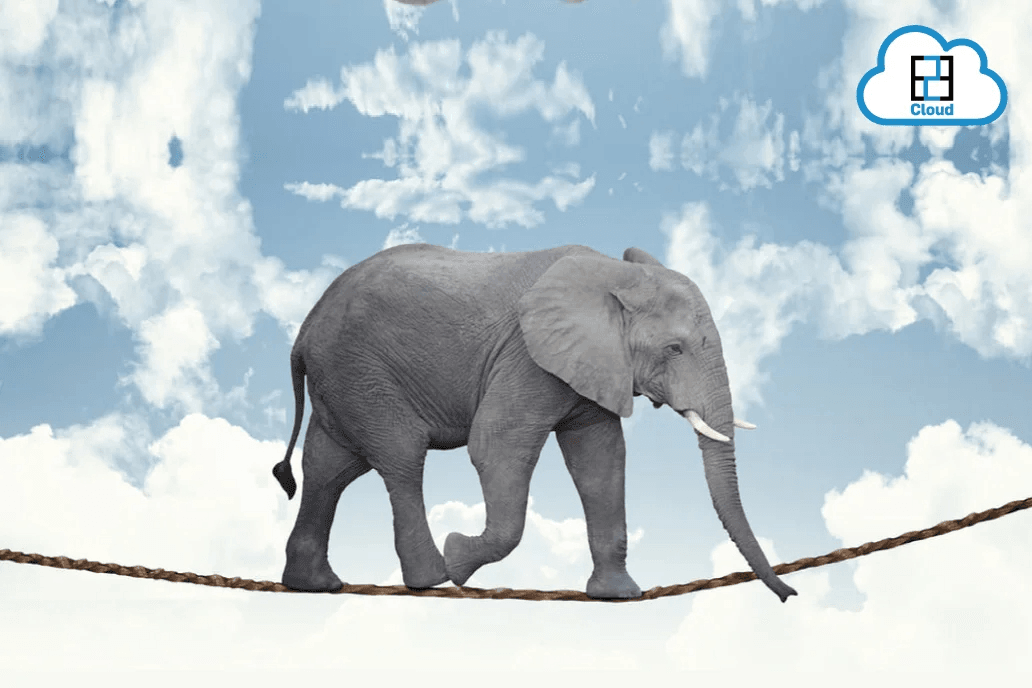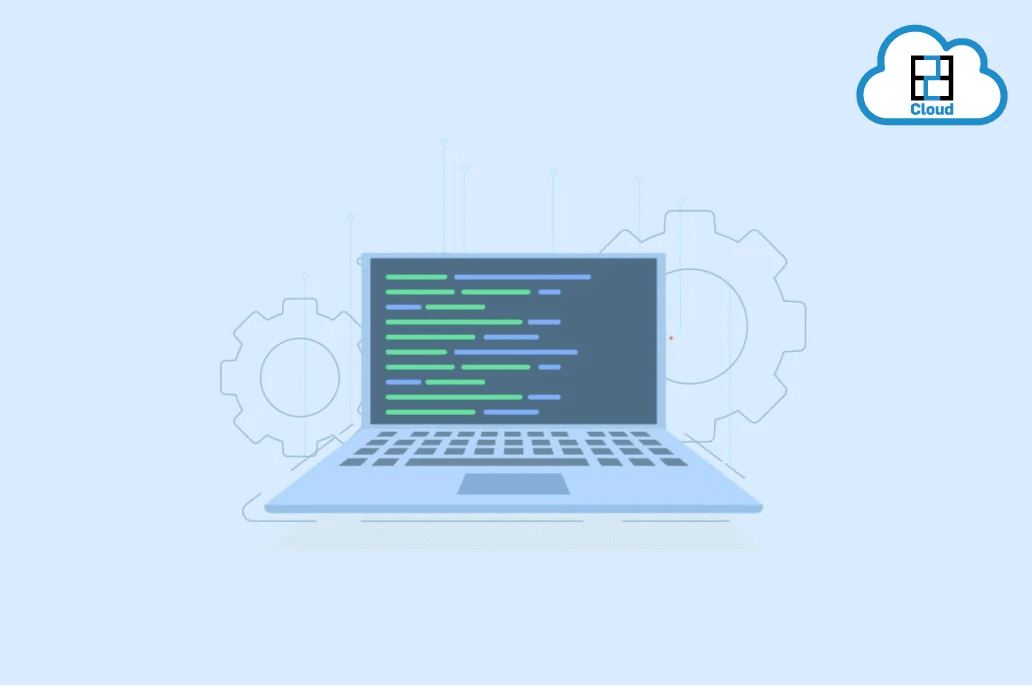1: Is it too early to establish a regulatory framework for Internet/OTT services, since internet penetration is still evolving, access speeds are generally low and there is limited coverage of high-speed broadband in the country? Or, should some beginning be made now with a regulatory framework that could be adapted to changes in the future? Please comment with justifications.Answer: We object to the telco invented word OTT. There is no definition possible for what constitutes an OTT. If every application on Internet is an OTT that includes personal blogs, curated content websites run by SME's then we have a major issue with regulation. Such regulation would require humungous enforcement machinery.Question 2: Should the Internet/OTT players offering communication services (voice, messaging and video call services through applications (resident either in the country or outside) be brought under the licensing regime? Please comment with justifications.
Answer: There are potentially millions of applications out there that would have some overlap with some functionality offered by a Telecom player in India. It would be an ill thought move to even think this is possible without damaging the Internet experience for everyone in India. How do you know the future ? Are you going to kill the next big thing from India with the potential to add a few %age points to the GDP by bringing back the license-quota raj in this country and that too in a sunrise industry ?Question 3: Is the growth of Internet/OTT impacting the traditional revenue stream of Telecom operators/Telecom operators? If so, is the increase in data revenues of the Telecom Operators sufficient to compensate for this impact? Please comment with reasons.Answer: Why is it the responsibility of TRAI to ensure revenues for Telco's at the expense of everybody else in the ecosystem. More application creators in India would result in more data usage via telecom networks and result in sufficient revenue for data services provisioning to remain profitable. Nobody has asked telco's to sell their services at a loss. There is not sufficient wired last mile by pure play ISPs in India for people to power Internet on their smart phones it is mostly going via the telcos. Let us assume for a moment that the voice revenue becomes zero, nothing prevents telcos from recovering the entire cost of their operations from selling data packs for Internet access at a price at which this cost is recoverable. In this oligopoly of operators the end customers have no choice but to pay for the price charged.Question 4: Should the Internet/OTT players pay for use of the Telecom Operators network over and above data charges paid by consumers? If yes, what pricing options can be adopted? Could such options include prices based on bandwidth consumption? Can prices be used as a means of product/service differentiation? Please comment with justifications.Answer: Telecom operators already sell Internet bandwidth to cloud computing players like us in India who provide the Internet-accessible compute infrastructure to Internet centric workloads. The end users already pay for Internet bandwidth by buying data packs from telcos. Where is the question of additionally charging a website/mobile application service operator additional arise ? Internet is a collection of Autonomous Systems ( network of networks ). Where everyone agrees to connect with each other either directly or via a routed path via one or more backbone providers in the world. While it is the right of AS'es to choose to connect with one another, in general everyone agrees that unless the entire Internet is made accessible to end users in a non-discriminatory fashion it would significantly reduce the net-benefit derived out of Internet-access for an end customer if a telco providing Internet access were to interfere with the content/applications being accessed by their subscribers. The market power of a largish telco over a single subscriber getting a much crappier version of Internet is a situation that a regulatory body must strive to avoid by nipping such ideas in the bud.Question 5: Do you agree that imbalances exist in the regulatory environment in the operation of Internet/OTT players? If so, what should be the framework to address these issues? How can the prevailing laws and regulations be applied to Internet/OTT players (who operate in the virtual world) and compliance enforced? What could be the impact on the economy? Please comment with justifications.Answer: No, we don't agree. If a web/mobile application is illegal in India then get the competent court to ban it. The ISPs including telcos are already capable of doing that.Question 6: How should the security concerns be addressed with regard to Internet/OTT players providing communication services? What security conditions such as maintaining data records, logs etc. need to be mandated for such Internet/OTT players? And, how can compliance with these conditions be ensured if the applications of such Internet/OTT players reside outside the country? Please comment with justifications.Answer: There is not much that can be done to prevent two terrorists from communicating securely via their own proprietary protocols running on top of Internet, Postal communications, voice telephony ( via use of modems transmitting what could be considered gibberish ) in a reasonable amount of time. What the law enforcement agencies should invest into is instead signal intelligence capabilities which can look at the publicly available data sources from the front door of social media/news media/online forums etc. and start making sense of it by investing into big data technology.The open source encryption and repudiation technology relying on open general purpose computing hardware today is sufficiently advanced that government projects like carnivore ( US ) are useless against it. It is pointless to put a massive regulatory burden onto very small startups for possibility of future abuse of services. There is only result of a huge regulatory burden on any industry as shown by the ISP industry in India. OSS'ification into a bunch of liasoning players instead of a vibrant and dynamic bunch who lead the nation into greatness.Question 7: How should the Internet/OTT players offering app services ensure security, safety and privacy of the consumer? How should they ensure protection of consumer interest? Please comment with justificationsAnswer: None. The regulator must first show a market failure before proceeding with an intervention. Do we see egregious failure of market in protecting privacy of end customers. Issue non-compulsory guidelines first for the Internet industry to get its act together if there is substantive failure to protect the privacy of end customers.Question 8: In what manner can the proposals for a regulatory framework for OTTs in India draw from those of ETNO, referred to in para 4.23 or the best practices summarised in para 4.29? And, what practices should be proscribed by regulatory fiat? Please comment with justifications.Answer: Who is ETNO and HOW is it a stakeholder in India ? Why should any stakeholder be required to comment on whatever ETNO is proposing ?Question 9: What are your views on net-neutrality in the Indian context? How should the various principles discussed in para 5.47 be dealt with? Please comment with justifications.Answer: Without net-neutrality participants with substantial market-power win automatically and the end customer loses. Net-Neutrality is a fairly simple concept. Don't interfere with the data coming through the pipe. There is a finite low cost today of reaching out to vast audiences on Internet in theory making it possible for a student sitting in a hostel to compete in a large niche market for SAAS/Mobile applications against large corporations with deep pockets. Preferential treatment to certain Internet applications based on a telco who is not direct service provider for an application by merely by an act of interfering with data passing through its network is a recipe for abuse of market power. While on the other hand it is perfectly fine for an Internet application provider to take direct services from any Autonomous System ( network ) on the Internet with a view to reduce number of routing hops to make its applications reach end customers faster or use a CDN service that does the same on its behalf as long as that doesn't result in others becoming slower ( not comparatively but actually ) or in-accessible ( e.g. Airtel-Zero, Internet.org) due its collusion with ISPs serving end customers.Question 10: What forms of discrimination or traffic management practices are reasonable and consistent with a pragmatic approach? What should or can be permitted? Please comment with justifications.Answer: What is generally considered Abusive Traffic which is not requested by actual customers e.g. Malware being served from a compromised server accessible on public Internet, DDoS traffic choking networks, email spam at large volumes which affects network's primary function of providing Internet Access to the end customer should be dropped from the network without further reference to any regulation. Most ISPs/Telcos already do that. Further prioritisation of traffic by use of deep packet inspection should be prohibited by law.Question 11: Should the Telecom Operators be mandated to publish various traffic management techniques used for different OTT applications? Is this a sufficient condition to ensure transparency and a fair regulatory regime?Answer: It is desirable that Telecom Operators public traffic management techniques they use with a view to describe their actual services to their end customers and interconnecting networks but it shouldn't be for the purpose mentioned here and not due to force of laws. Nor does such transparency even if enabled by force for laws results in a free and fair market.Question 12: How should the conducive and balanced environment be created such that Telecom Operators are able to invest in network infrastructure and CAPs are able to innovate and grow? Who should bear the network upgradation costs? Please comment with justifications.Answer: In a free market there would be players who figure out the unit economics better than others. Some might be profitable others would make losses. How are you as a regulator concerned with these questions. If the network usage becomes higher then so do the charges paid by end customers. The end users who are customers of telcos are eventually bearing the network upgradation costs.Question 13: Should Telecom Operators be allowed to implement non-price based discrimination of services? If so, under what circumstances are such practices acceptable? What restrictions, if any, need to be placed so that such measures are not abused? What measures should be adopted to ensure transparency to consumers? Please comment with justifications.Answer: Same answer as answer to question number 9.Question 14: Is there a justification for allowing differential pricing for data access and OTT communication services? If so, what changes need to be brought about in the present tariff and regulatory framework for telecommunication services in the country? Please comment with justifications.Answer: Same answer as answer to question number 9.Question 15: Should OTT communication service players be treated as Bulk User of Telecom Services (BuTS)? How should the framework be structured to prevent any discrimination and protect stakeholders interest? Please comment with justification.Answer: Same answer as answer to question number 9.Question 16: What framework should be adopted to encourage India specific OTT apps? Please comment with justifications.Answer: Reduce the regulatory burden on startups in India. Here I am founder of a small startup trying to pre-empt a regulatory event of the sort that pre-maturely caused Taxiforsure 's acquisition by their well-funded competitor. Why should I not be spending my time in generating growth for my cloud computing business instead. Liberalisation and reforms hold the answer to the question.Question 17: If the App based/OTT communication service players are to be licensed, should they be categorised as ASP or CSP? If so, what should be the framework? Please comment with justifications.Answer: Same as answer to the questions number 2. Communication between people is an essential part of majority of Internet applications today. Should every application ever built have to decide to kill off the network effects by removing all inter-end-user communication component from it to avoid licensing then you my dear friends at TRAI have dug the biggest graveyard for Indian startups.Question 18: Is there a need to regulate subscription charges for App based/OTT communication services? Please comment with justifications.Answer: Where do you see the market failure. There is no need for heavy hand of regulation unless there is a market failure due to which one particular player in the entire segment controls 90% of the market due to anti-competitive behaviour e.g. By violating network neutrality.Question 19: What steps should be taken by the Government for regulation of non-communication App based/OTT players? Please comment with justifications.Answer: Please justify why do you want to regulate every engineer who can write a few lines of code or use ready made open source code to produce something useful for other people by making it accessible over Internet. The government/regulators should really stay out of creating additional regulation unless there is a demonstrated market failure. Do you even realise how many %age points of GDP growth you are going to shave off from Indian economy by coming up with such ridiculous questions.Question 20: Are there any other issues that have a bearing on the subject discussed?Answer: India has one of the slowest Internet speeds in Asia region and the most expensive bandwidth even for bulk customers like us in Cloud Computing Space. Lack of network neutrality in India would lead players like us who can and are bringing content/applications back to Indian datacenter locations to shutdown shop and work for providing services for other global cloud computing providers instead of making cloud computing in India. We already work with serious disadvantages like high cost of power and cooling in India. The oligopolic mess in International Internet transit and domestic landscape dominated by liasoning players who most end users hate is the result of incompetent regulation and lack of forward thinking for last decade and a half since Internet was introduced into India.]]>Check the pricing of our offerings hereE2E Networks' comments on TRAI’s Paper on Regulatory Framework for Over-the-top (OTT) services dated March 27, 2015
April 30, 2025
